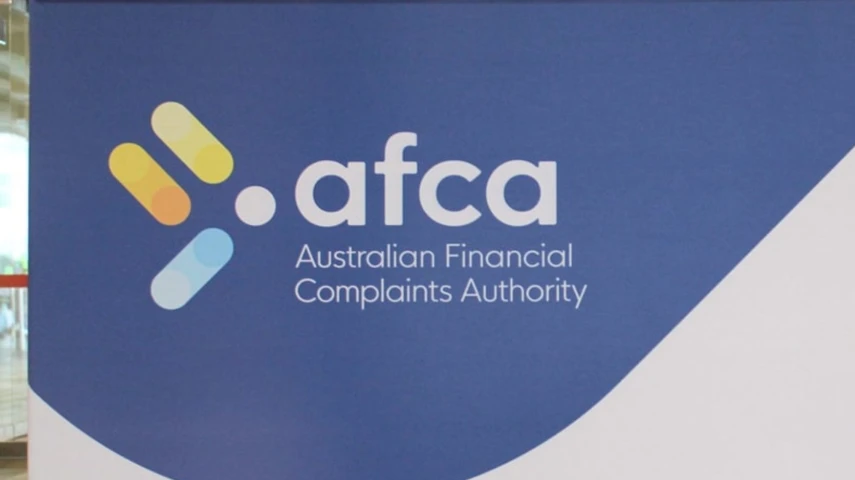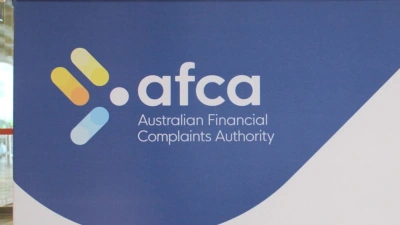What is AFCA ruling on UGC determinations?



With United Global Capital (UGC) expected to constitute a substantial portion of CSLR compensations in FY25–26, what has the AFCA ruled in its latest determinations?
It is estimated there will be 346 UGC complaints, of which 334 will be successful, representing 96 per cent. The average cost per claim will be an estimated $145,000.
UGC went into liquidation on 9 August 2024 after running a conflicted advice model. Clients were encouraged to roll their superannuation into a self-managed superannuation fund (SMSF) that invested in related entities, such as Global Capital Property Fund (GCPF). GCPF is an unlisted public company which raised around $85 million in share capital and had its assets frozen by ASIC in June 2024.
Out of five determinations ruled so far, all of which relate to SMSFs. Four of these had been ruled in favour of the complainant, but one was ruled in favour of the firm.
Among reasons for the four decisions that were ruled in favour of the complainant, problems included:
- The advice provided was not appropriate for the complainant or in its best interest.
- The financial firm failed to show how the SMSF would meet the complainant’s objectives and adequately explain the benefits and disadvantages of an SMSF.
- The financial firm did not prepare or provide the SOA to the complainants.
- The SMSF exceeded the risk tolerance of the complainants.
- The complainant was recommended a high-risk strategy with limited diversification and high fees with limited explanation.
- The complainants incurred significant expenses in the establishment of the SMSF.
However, it is not a universal approach that all UGC claims are approved. In one instance, AFCA ruled in favour of the financial firm because it felt the advice provided was appropriate and aligned with the complainant’s objectives and interests.
AFCA said the complainant had a pre-existing relationship for 20 years, the complainant was comfortable with taking higher risk and a higher proportion of growth assets, and an SMSF met their objectives of greater flexibility.
While the individual expressed concern with the falling performance of the portfolio, it was AFCA’s view that they did not provide clear instructions for action, and the financial firm provided reasonable explanations for its advice.
“It is fair that the financial firm is not required to compensate the complainant because the advice provided was appropriate and it acted reasonably in implementing the complainant’s instructions.
“The panel accepts the explanations the financial firm gave to the complainant were reasonable and it had a reasonable basis for making them. This is particularly so given that financial planning orthodoxy suggests it is generally inappropriate to exit the market during downturn because it crystallises losses and excludes a client from the benefits of future recovery.”
Commenting on the determinations, Phil Anderson, general manager for policy, advocacy and standards at the Financial Advice Association Australia (FAAA), flagged a line about UGC’s lack of authorisation to issue financial products.
He said: “The determinations refer to a 2024 court case that ASIC took against UGC, which makes the point that ‘the AFSL did not authorise UGC to issue financial products’.
“This is a point that warrants careful investigation, given that this product had been in the market for a couple of years before ASIC intervened in 2022. Surely this must be a very serious matter, warranting criminal action.
“The AFCA determinations make an interesting conclusion that ‘it is fair in all the circumstances to attribute a nil real value to the SMSF’s investment in Company G’ (which is GCPF). Thus, the award is for the full amount of the investment, plus ‘but for’ earnings, although this is less relevant in these cases, as the CSLR claim will be capped at the $150k CSLR maximum.”
Recommended for you
Net cash flow on AMP’s platforms saw a substantial jump in the last quarter to $740 million, while its new digital advice offering boosted flows to superannuation and investment.
Insignia Financial has provided an update on the status of its private equity bidders as an initial six-week due diligence period comes to an end.
A judge has detailed how individuals lent as much as $1.1 million each to former financial adviser Anthony Del Vecchio, only learning when they contacted his employer that nothing had ever been invested.
Having rejected the possibility of an IPO, Mason Stevens’ CEO details why the wealth platform went down the PE route and how it intends to accelerate its growth ambitions in financial advice.















